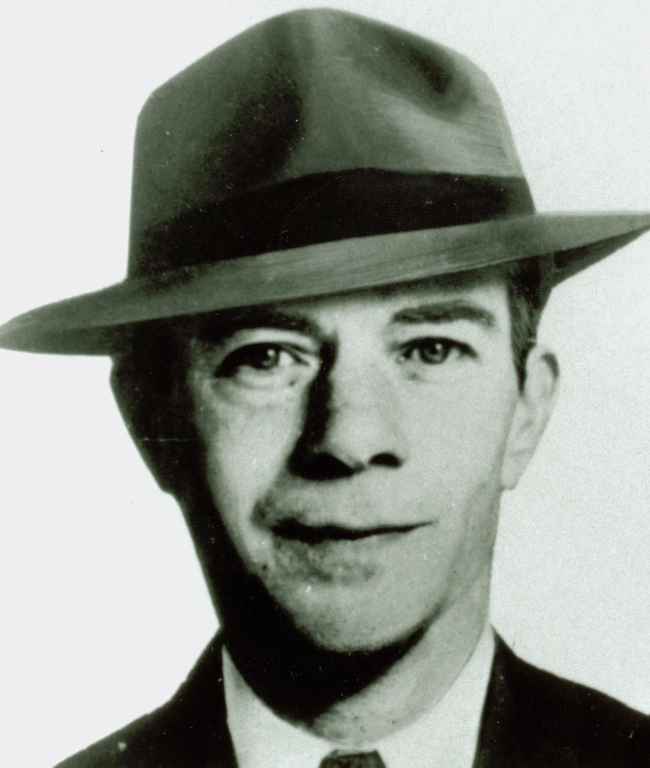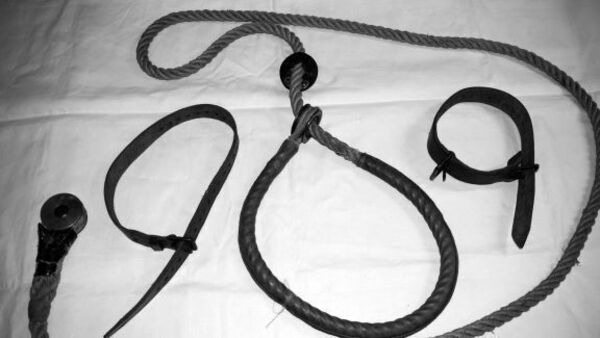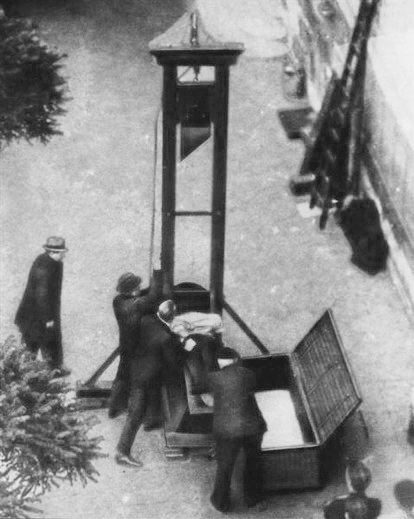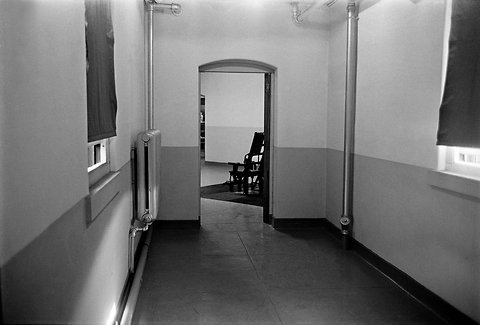Your cart is currently empty!

On This Day in 1980: Willie ‘The Actor’ Sutton, Master Bank Robber, Dies.
Sutton, one of America’s most successful bank robbers, also ranked as one of its most remarkable. The robber of over 100 banks and taking at least a million dollars, Sutton did it without ever firing a shot. While robbers like John Dillinger would kill whenever they thought necessary and ‘Baby Face’ Nelson killed for the…
Sutton, one of America’s most successful bank robbers, also ranked as one of its most remarkable. The robber of over 100 banks and taking at least a million dollars, Sutton did it without ever firing a shot. While robbers like John Dillinger would kill whenever they thought necessary and ‘Baby Face’ Nelson killed for the sheer joy of it, Sutton eschewed violence. His game was robbing for thrills with the money being only a bonus. As Sutton himself put it:
“Why did I rob banks? Because I enjoyed it. I was more alive when I was inside a bank, robbing it, than at any other time in my life. I enjoyed everything about it so much that one or two weeks later I’d be out looking for the next job. But to me the money was the chips, that’s all. The winnings. I kept robbing banks when, by all logic, it was foolish. When it could cost me far more than I could possibly gain.”
Sutton was known for his stealth, not gunplay. He certainly carried guns, a Tommy gun being his weapon of choice. According to Sutton, though, his guns were never even loaded. They were there to intimidate and Sutton was there to steal rather than slaughter. That may well explain his longevity. Despite a litany of lawlessness including burglaries, armed robberies, jailbreaks and sundry other offences he didn’t die in a hail of bullets or the electric chair. He went to prison, served his time and was paroled to die a free and old man. His survival was partly down to his fairly non-violent style.
Sutton is also credited with a quote he denied, but was still forever associated with him. Why did he rob banks? Because, according to one reporter, “That’s where the money is.” Sutton himself denied ever having said it, suggesting that the reporter had fabricated a good soundbite to spice up his story. That didn’t stop Sutton using ‘Where the Money Was’ as the title of his memoir.
Sutton is also credited with ‘Sutton’s Law, a dictum used in both medicine and (ironically) banking. To a doctor Sutton’s Law dictates treating the most likely cause of illness first rather than running through all the options in no particular order. To a banker it means finding the most obvious ways to maximise profits and minimise expenses and losses. After all, that’s where the money is. The irony of today’s bankers going to business school and coming away with a bank robber’s maxim probably tickled Sutton no end.
The murder of Arnold Schuster probably didn’t. Schuster, a shoe salesman and respectable citizen, had called police when he saw Sutton at large after his last successful escape in 1952. Schuster was promptly murdered by persons unknown, allegedly on the orders of psychopathic Mafioso Albert Anastasia. If so, it wasn’t because Sutton ordered it, but because of Anastasia’s psychopathic personality and hatred for informants. Sutton, recaptured as a result of Schuster’s alerting police, knew his goose was cooked. He could expect no mercy from the courts and felt no small amount of guilt:
“Arnold Schuster haunts me. Throughout my career I had plotted and planned my jobs to make sure I would not have to hurt anybody, and now, after it was all over and I was sitting in jail, a good-looking, promising young man had been killed because of me.”
Recaptured in 1952, Sutton remained in maximum-security prisons until 1969. Possibly because of his feeling responsible for Schuster’s murder (though no proof exists that he had any involvement in it) he stayed out of trouble and in prison (rather a novelty for so talented an escape artist) until h was finally paroled in 1969. After his release he devoted his time to charitable work (particularly penal reform) and writing his memoirs.
For such a well-known and comparatively well-liked villain, Sutton himself was disdainful of his career in crime. Part of his prison work consisted of warning young people away from precisely the career he had been so famous for. It had cost him his good name, his health, most of his adult life and very nearly life itself. As Sutton himself described it:
“I never left anything to chance and what is the result? I am fifty-one. I have spent most of my adult life in prison or in hiding. I haven’t a penny. I am no more conceited than the next man, but if I couldn’t get away with it no man can. When I say crime is a sucker’s game I am an expert.”
Spending his final years living with his sister, Sutton earned a living by advising banks and businesses on robbery prevention and security. He also found time for a publicity stunt that, for sheer bravado, typified the man himself. When the New Britain Bank and Trust Company wanted a familiar face to advertise their new photo credit card (a clever fraud prevention strategy) who should they hire for the TV commercial but master of disguise and veteran bank robber Willie Sutton. Grinning for the camera, Sutton thoroughly enjoyed reciting the tagline:
“They call it the ‘face card.’” Now, when I say I’m Willie Sutton, people believe me.”
In poor health eve before his release from Attica in December 1969, Sutton moved to Spring Hill, Florida where he died on November 2 1980. His story is covered in my forthcoming book ‘Murders, Mysteries and Misdemeanors in New York’ out in bookstores on November 25. It can be pre-ordered now.




Leave a Reply